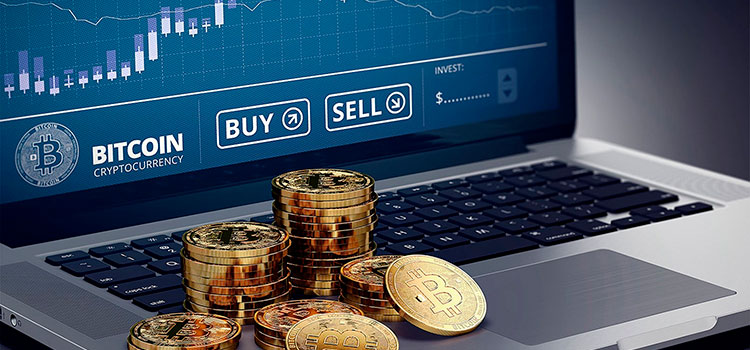Getting your cryptocurrency onto an exchange can be a confusing process. But there are a few things to know that will help you to make the process as easy as possible.
Limit buy order
Choosing a limit buy order for cryptocurrency is a great way to lock in profits without too much risk. They can be beneficial when you don’t have the time to watch the market for price changes. It can be a good idea to do some research before you make a purchase.
Limit orders can be set to last up to 90 days. The amount you end up paying depends on the amount of market liquidity at the time of the sale. Limit orders are especially helpful for hodlers and investors who aren’t too actively trading.
Limit buy order for cryptocurrency on an exchange is a bit of a misnomer. It’s not the best method to secure your profit. Limit orders will only be fulfilled at the limit price, and never go above or below that limit. If you do want to pay more, you should set a larger limit.
Limit sell order for cryptocurrency on an exchange is similar to the limit buy order. However, it’s executed at a higher price than the limit buy order. The limit sell order can last up to 90 days as well.
Credit card transactions are the fastest
Buying crypto with credit card is one of the most convenient ways to get crypto on an exchange. However, there are a few pitfalls to watch out for. Before you try to buy crypto with a credit card, make sure you have enough cash on hand to cover the cost of the purchase when the bill comes.
Most credit card companies charge a fee for cash advances, which can be a significant amount. The fee can be a few percentage points, and can even increase if the purchase is made over a long period of time.
Credit card transactions can be completed in seconds. In fact, if you buy crypto with a credit card on the Coinbase exchange, the process can be completed within a minute. Credit card transactions also offer a 20-day grace period to pay the purchase off.
While credit cards are convenient, you can end up losing more than you gain. Purchasing crypto with a credit card is a bit like taking out a loan to gamble.

Fees for withdrawals
Choosing the right cryptocurrency exchange can be a complicated process. You need to consider factors such as fees, transaction options, and verification. You’ll also need to consider if the exchange is licensed and authorized to operate in your jurisdiction.
In addition to comparing trading and deposit fees, you’ll need to check how each platform handles withdrawals. For example, some exchanges may offer a monthly fee-free withdrawal limit, while others may charge a flat fee per withdrawal.
Many crypto exchanges https://www.bybit.com/en-US/ offer a wide variety of deposit and withdrawal options. Some offer debit cards and credit cards, while others allow users to fund their accounts with wire transfers, bank transfers, or digital wallets. Depending on where you live, you may have to pay additional fees for bank wires and transfers.
The majority of exchanges will charge a flat fee for each withdrawal. Others charge a percentage of the total transaction amount. While this is beneficial for small withdrawals, it’s not ideal for all traders.
Regulations for cryptocurrency in the United States
Several government agencies have been working to develop frameworks for regulations for cryptocurrency on an exchange in the United States. These agencies will work with other countries to promote policies and standards that reflect the values of the United States. These policies are designed to promote financial stability, economic competitiveness, and financial inclusion. These policies also reinforce the United States’ leadership role in the global financial system.
The Office of the Comptroller of the Currency has issued a legal interpretation and an Interpretive Letter #1170. This letter affirms that banks can provide custody services for crypto assets. The letter also states that banks can offer related services such as valuation, transaction settlement, trade execution, and reporting. The guidance holds promise of new revenue streams and cross-selling services.
The Department of Commerce will consider establishing a standing forum to bring together the digital asset industry and academics to develop research and technical assistance. This forum could also convene civil society, academics, and government officials to develop standards and policies for digital asset development.
